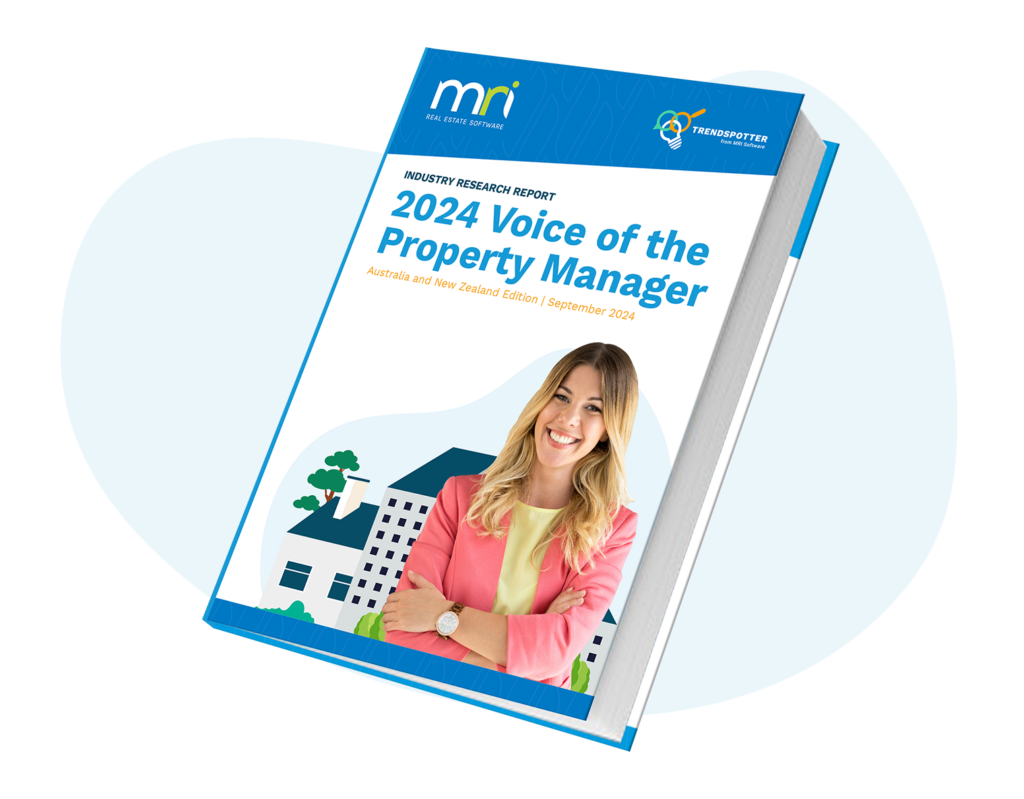Active vs. passive property management
Choosing the right property management approach can significantly impact the success of your real estate investments. In this blog, we’ll explore the key differences between Active and Passive Property Management, helping you determine which method aligns best with your investment goals. Whether you’re a hands-on landlord eager to maximise returns or prefer a more hands-off approach, understanding these two strategies will empower you to make informed decisions for your portfolio.
Defining Active and Passive Property Management Approaches
Active Property Management
Active property management, as the name implies, involves a highly engaged and proactive approach to managing real estate assets. Property owners who choose this method typically desire regular updates and close oversight of their investments. They seek property managers who can meet these expectations by providing consistent, detailed insights into facility management KPIs and the property’s performance and condition.
Hands-On Involvement and On-Site Presence
Active property managers take on responsibilities akin to those of a landlord. They take on a wide range of tasks and facilities management duties, including conducting inspections, scheduling and overseeing repairs, performing maintenance tasks when feasible, and ensuring that the property remains secure, clean, and well-maintained.
Key Responsibilities of an Active Property Manager
Active property managers are responsible for a wide range of tasks including: determining rental rates, preparing and marketing vacant units, screening prospective tenants, managing lease agreements, addressing tenant concerns, collecting rent, coordinating property maintenance and repairs, supervising on-site staff, managing evictions and move-outs, ensuring legal compliance, preparing tax documents, and generating performance reports.
Benefits of Active Property Management
Engaging in active property management demands significant time and attention. As a result, investors are often focused on managing a smaller number of units, allowing for constant monitoring and hands-on involvement. This approach ensures that investors remain closely connected to their properties, making informed decisions when necessary. Unlike passive investors who may be geographically distant from their assets, active investors are more directly involved in the management process, allowing for greater control and responsiveness.
Passive Property Management
Passive property management represents a more hands-off approach to real estate administration. In this model, communication between property managers and owners is less frequent and less detailed. Often, property managers and owners may reside in different states or even countries. As a result, daily updates are uncommon, and the property manager takes on a greater role in handling the day-to-day management tasks independently.
Hands-Off Approach and Remote Oversight
Passive property management often involves overseeing rental properties from a distance. Rather than being physically present, property managers leverage technology and digital tools to manage essential tasks such as rent collection, lease administration, maintenance coordination, and tenant communication. This approach allows for effective management without requiring the manager or owner to be on-site.
Responsibilities Of A Passive Property Manager
The responsibilities of a passive property manager include collecting rent, maintaining a tenant base, addressing basic inquiries without delving into extensive management processes, selecting tenants, keeping records with minimal oversight from the owner, and making independent decisions regarding property repairs and maintenance.
Benefits Of Passive Property Management
For passive investors, this approach offers the advantage of generating a consistent cash flow without the need to engage in the active management of tenants, repairs, or vacancies. This steady income stream can contribute to financial stability and serve as a reliable source of passive income, allowing investors to focus on other pursuits while their properties are managed efficiently.
Factors To Consider in Choosing an Approach
When choosing between active and passive property management, consider the following key factors to determine the best fit for your investment strategy.
Property Type And Size
Active managers typically handle smaller, more complex properties requiring close attention. These properties may demand more hands-on involvement to maintain and generate profit. In contrast, passive managers focus on larger, easier-to-manage properties, like multifamily residential buildings, where scale is prioritised.
Location And Market Conditions
Active property managers typically oversee properties near their home, allowing for regular on-site visits, especially in higher-volatility markets, where timely intervention is crucial to capitalise on favourable market conditions. Passive managers select properties regardless of location, often in lower-risk markets, where less immediate involvement is needed.
Available Resources and Budget
Active managers often work with limited budgets and smaller portfolios, necessitating direct involvement in tasks. Passive managers, with greater resources, can outsource tasks, enabling them to manage larger, more diverse portfolios.
Hybrid Models: Combining Active and Passive Strategies
For some investors, a hybrid approach that blends active and passive property management strategies can offer the best of both worlds.
Outsourcing Specific Tasks
Instead of relying on a property management company for all tasks, consider outsourcing specific functions like tenant screening or property maintenance. This can reduce your workload while still allowing you to maintain control over key aspects of your investment.
Tailoring The Approach Based On Property Needs
Every property is unique, requiring a management approach that suits its specific characteristics. For instance, actively managing a set of single-family homes may be more feasible than managing a commercial shopping complex. Adjust your strategy based on the property type and size to optimise results.
Technology’s Role In Enhancing Property Management
Leveraging technology can significantly improve the efficiency and effectiveness of property management, whether you adopt an active or passive approach.
Automation and Streamlining Processes
Integrating property management software can automate many routine tasks, streamlining your operations. Solutions like MRI’s Property Management X can handle processes such as property management accounting, reducing the manual workload and enhancing accuracy.
Remote Monitoring and Reporting
Property management software also enables remote monitoring, allowing you to track property performance without being on-site. Tools like MRI Property Management X can generate customised performance reports automatically, providing real-time insights into your properties from anywhere.
Building an Effective Property Management Team
Assembling the right team is crucial for successful property management, whether you pursue an active or passive approach.
Staffing For Active Management
Active property managers should hire staff tailored to each property’s specific needs, selecting the best candidates based on the property’s type and location.
Staffing For Passive Management
Passive property managers should partner with a trusted third-party property management company capable of handling a large portfolio across multiple areas.
Regulatory And Legal Considerations
Navigating regulatory and legal requirements is essential for effective property management, ensuring compliance and minimising risk.
Fair Housing And Compliance Requirements
Landlords must adhere to both federal and local fair housing laws. Depending on the region, it may be illegal to discriminate based on factors such as gender identity, sexual orientation, citizenship, age, criminal history, source of income (including Section 8 vouchers), and marital status.
Liability And Risk Management
Property management involves significant liability risks, such as slip-and-fall incidents, pool accidents, and playground injuries, which can lead to lawsuits. Additionally, violations of fair housing practices, harassment claims, or mishandling issues like mold and lead paint remediation can expose property managers to serious legal consequences. Adhering to precise processes and regulations is crucial to protect your organisation.
Evaluating And Adjusting Your Property Management Approach
Effective property management requires ongoing evaluation and flexibility to ensure continued success.
Regularly Assessing Performance And Effectiveness
To assess property performance, start by developing a comprehensive management plan. This plan should outline a thorough property analysis, establish a clear management vision, create a financial strategy, and include steps for implementation and ongoing monitoring.
Adapting To Changing Circumstances And Goals
Adapting to evolving circumstances involves clear communication, ongoing staff training and support, regular practice evaluations, and flexibility. Continuously seek feedback and advice from both internal and external sources to refine and improve your management approach.
Choosing The Right Property Management Approach for Your Portfolio
Selecting the appropriate property management strategy depends on various factors, including property type, location, and personal involvement preferences. Whether opting for an active, passive, or hybrid approach, aligning your management style with your investment goals and resources is crucial for optimising performance and achieving success. By carefully evaluating your needs and adjusting strategies as circumstances change, you can effectively manage your portfolio and enhance your investment outcomes.
Property Management Software
Multi-discipline technology for property owners, investors and occupiers.

Contact MRI Software
To find out more about our innovative technology solutions designed to streamline key processes for property managers, contact the team at MRI Software today on 09 883 3196.
Voice of the Property Manager Report – 2024 Australian & New Zealand Edition
Property management is maturing as an industry and occupying its rightful place at the core of real estate business operations. With maturity and significance comes some pressure and scrutiny. To give property managers a voice we showcase the collect…

